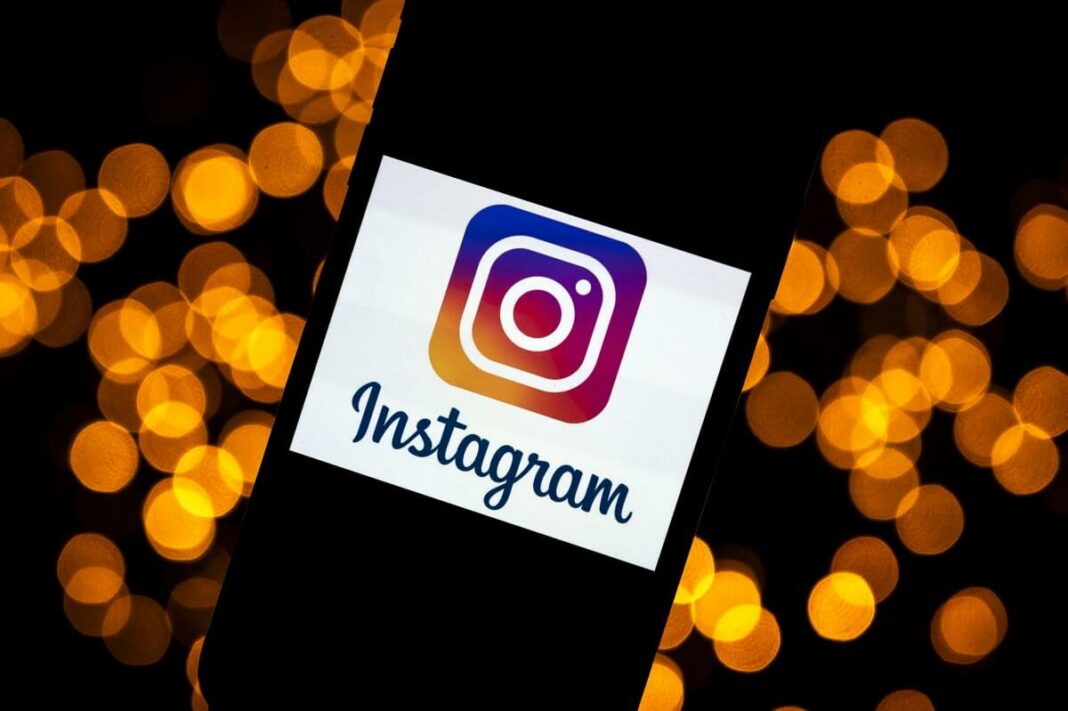Meta representatives rejected Turkey’s demand to censor content praising certain groups the country deems terrorist organizations during a critical meeting on Monday, leading to a continued ban on Instagram in Turkey, the Serbestiyet news website reported, citing anonymous sources.
The meeting, which involved the Ministry of Transport, the Information and Communication Technologies Authority (BTK) and Meta officials, lasted nearly three hours but failed to reach an agreement on key issues.
The Turkish authorities had imposed a ban on Instagram on Friday, citing non-compliance with regulations concerning “catalog crimes.” These crimes, as defined by Turkish law, include terrorism and organized crime, among others.
The move to block Instagram, which has a massive user base in Turkey estimated at 50 to 60 million, came as a significant blow to both individual users and businesses heavily reliant on the platform for communication and commerce.
“We have not achieved the desired outcome regarding Instagram. We do not anticipate progress today,” Transport and Infrastructure Minister Abdulkadir Uraloğlu said.
The meeting was convened in response to Turkey’s demands for stricter control over content related to the outlawed Kurdistan Workers’ Party (PKK), its Syrian offshoot the People’s Protection Units (YPG), and the Gülen movement.
These groups are designated as terrorist organizations by the Turkish government. However, Meta officials maintained that only PKK-related content, also recognized as a terrorist organization by the US and the EU, would be removed. This stance sparked significant disagreement during the discussions.
The Turkish government accuses the Gülen movement, a faith based group inspired by US-based cleric Fethullah Gülen, of masterminding a failed coup on July 15, 2016, and labels it a “terrorist organization,” although the movement strongly denies involvement in the coup attempt or any terrorist activity. The PKK is listed as a terrorist organization by Turkey and its Western allies, including the US. More than 40,000 people, including 5,500 security force members, have been killed in four decades of fighting between the Turkish state and the PKK.
In Turkey, vague terrorism laws mean that individuals can end up in jail on terror charges for attending a pro-Kurdish rally or for being a member of a union with ties to the Gülen movement. Following the coup attempt in 2016, a crackdown ensued that affected hundreds of thousands accused of real or perceived Gülen membership who were either jailed or lost their jobs. Many had to flee Turkey.
More than a hundred media outlets were shut down, effectively transferring control of 90 percent of media in Turkey to the government.
Many journalists were forced into exile, and social media became a crucial platform for their investigative stories and for whistleblowers who were former confidants of Erdoğan. However, the Turkish government began encroaching on that avenue with a new social media law in 2020, which required platforms such as Instagram, Facebook, X (formerly Twitter), YouTube and TikTok to open offices in Turkey and comply with Turkish judicial orders.
550 bin takipçili @cevheriguven hesabımın @elonmusk tarafından, Erdoğan'ın baskısına boyun eğilerek nasıl Türkiye'de erişime kapatıldığını @johnnywharris , Musk/Tesla/X belgeselinde detaylı biçimde anlatmış. pic.twitter.com/fpzuUGZElQ
— Cevheri Güven (@cevheriguven) July 16, 2024
In one noteworthy incident, X restricted the visibility of investigative journalist Cevheri Güven’s account, whose videos on YouTube exposing corruption scandals within the Justice and Development Party (AKP) government garnered millions of views. This restriction was imposed just before the May 2023 general election. Elon Musk, the platform’s owner, defended the action by stating that the Turkish government had threatened to block the platform in Turkey.
The ongoing inaccessibility of Instagram suggests that Turkey is becoming increasingly bold in its demands from these platforms. Unlike X, Instagram has resisted some of the Turkish government’s demands, but it is uncertain how long this resistance will last.
According to the Serbestiyet report citing sources familiar with the negotiations, Ankara demanded the removal of content they deemed as propaganda for terrorist organizations.
Meta representatives countered that outside of Turkey, the YPG and the Gülen movement are not recognized as terrorist entities, and thus, content related to these groups did not violate the platform’s policies or international norms.
President Recep Tayyip Erdoğan, at the time of the meeting, launched a scathing attack on social media platforms, accusing them of “digital fascism” for their selective censorship practices.
Erdoğan’s comments also referenced recent incidents in which Instagram allegedly censored posts critical of Israel, drawing a parallel to the platform’s refusal to comply with Turkish demands.
“Social media networks respect the rules in America and Europe but deliberately ignore them when it comes to fighting unlawful content in Turkey,” he said.
The ban’s economic ramifications have been substantial, with estimates suggesting daily losses of nearly $57 million due to disrupted commercial activities on Instagram.
Airbnb is shut down, there’s no bookingcom, no PayPal, no Uber, and now Instagram too.
Turkey is really moving backward in technology. Instead of providing opportunities and freedom of speech for young people, the are just looking for ways to block those opportunities…
Then…
— Damla (@ayemnut) August 4, 2024
This incident is not an isolated case but part of a broader pattern of social media restrictions in Turkey. The Turkish government has previously blocked access to various platforms, including Facebook, Twitter and Wikipedia, citing similar reasons related to national security and public order. Wikipedia, for example, was blocked between April 2017 and January 2020 over articles alleging a link between the Turkish government and extremist groups.
For Meta, complying with Turkey’s demands could set a concerning precedent, potentially leading to similar requests from other countries with restrictive content laws. Conversely, standing firm may result in prolonged access issues in one of its significant markets.



